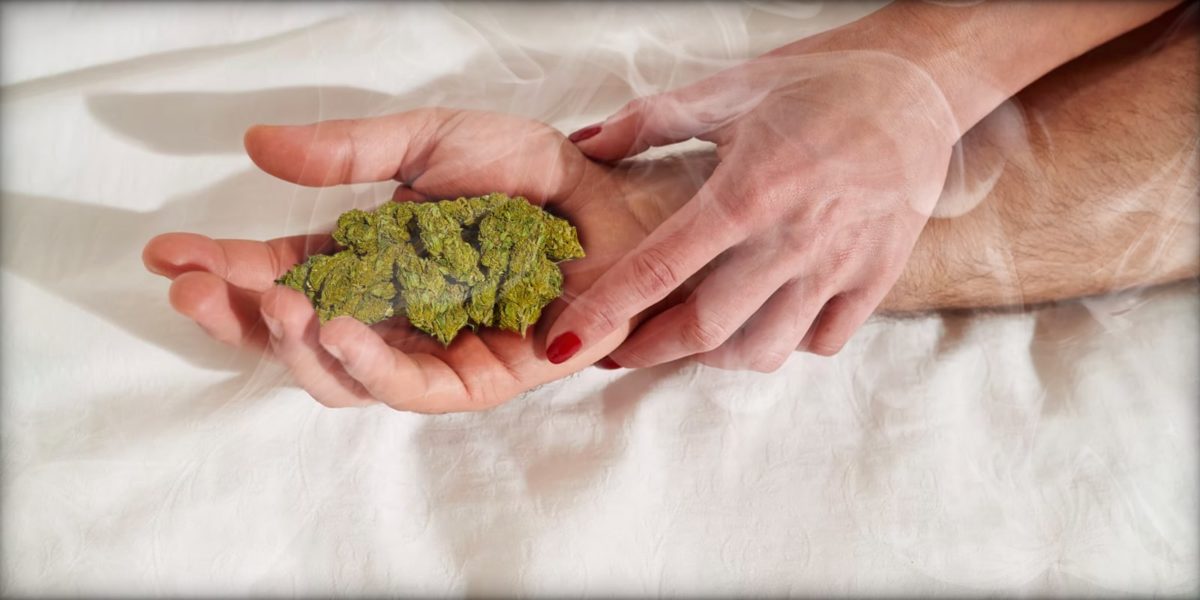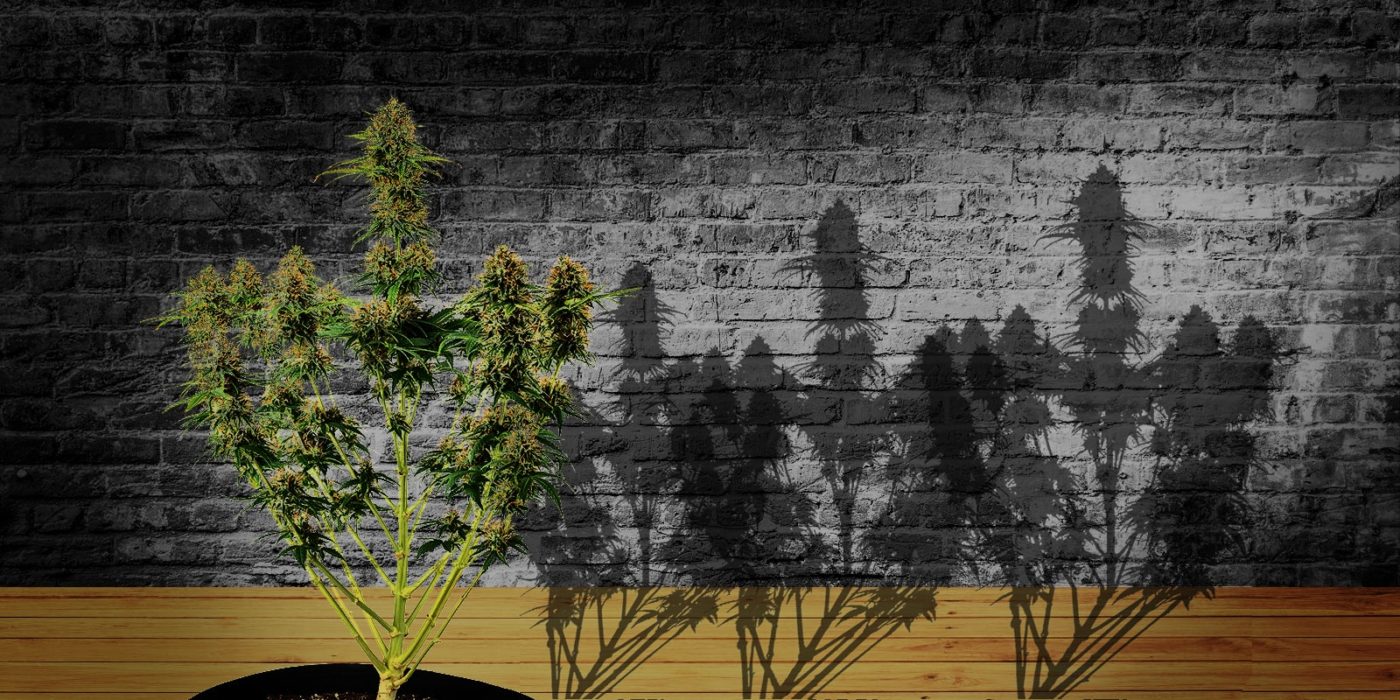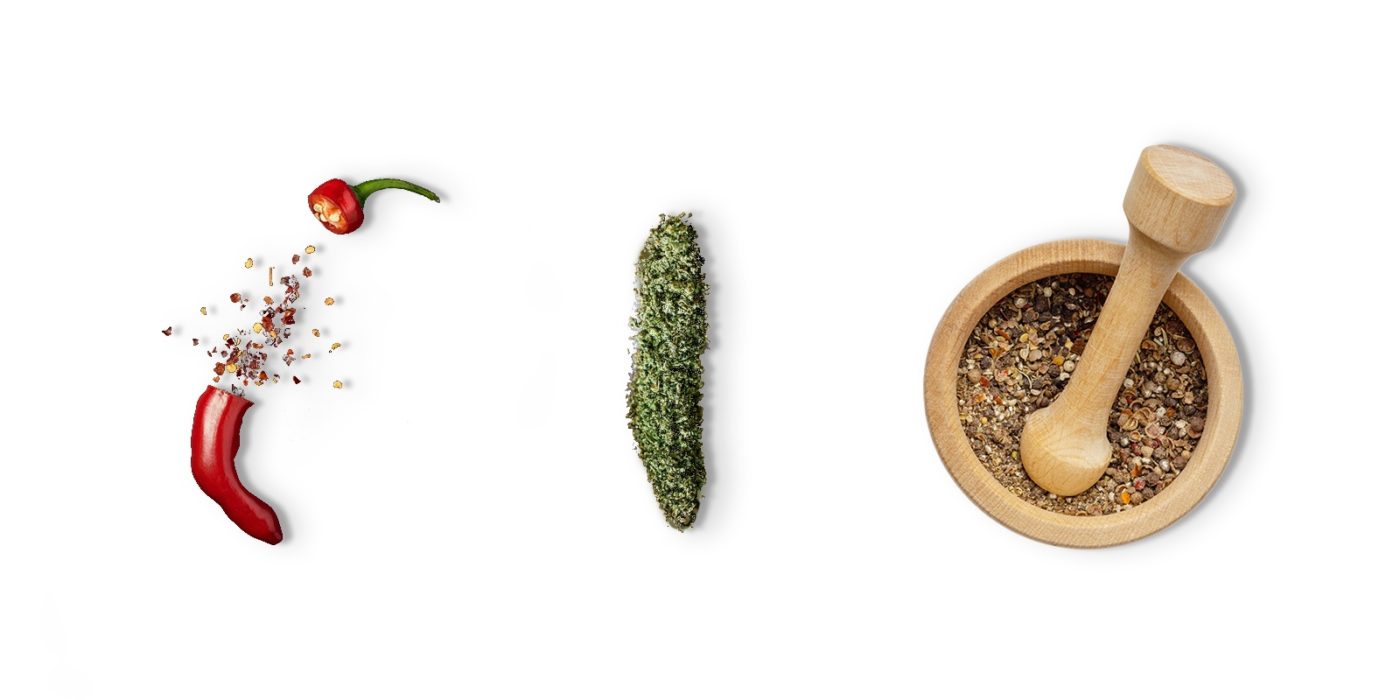WELCOME TO WEEDSTOCKERS
THE SEEDSTOCKERS BLOG

La scienza rivela che le varietà di cannabis con alto contenuto di THC non ti fanno “sballare di più”
23 November, 2021
Cannabis y sexo: ¿El THC tiene efectos sobre la libido?
24 November, 2021Cannabis and sex
That marijuana enhances sex is a sentiment that has given this plant an aphrodisiac reputation. However, when it comes to cannabis and sexual desire, scientific research seems to be at odds with anecdotal experiences.
Although studies suggest that marijuana may enhance libido and even sexual satisfaction, especially for women, there appears to be a dose dependency that separates the purported arousing effects from the inhibitory effects on sexual desire, orgasm, and reproductive function.
Understanding how cannabinoids affect sex could not only lead to the development of therapeutic options to help many people, but could also help researchers better understand sexual function and biology in general.
Does cannabis really have an effect on sex?
For thousands of years, and in different civilizations, cannabis has had a long history of use to enhance intimacy, develop relationships, and promote human sexuality.
There exist ancient Hindu texts which describe cannabis as one of the five sacred plants and an integral part of tantric rituals. Cannabis was also used in Soviet-era Russia to calm the nerves of virgins; and it is still used today to treat impotence in western Uganda.
However, modern science is still trying to answer a basic question: is cannabis an aphrodisiac?
Many years of illegality, has made it difficult to study this plant. Add to this the complexities of sexual interaction and how it can be quantified, and its understandable why the conclusions academics have reached are far from conclusive.

Most studies have been done with laboratory animals; and those that have been done in humans employ survey-based methods that are difficult to verify. These studies also have no way of corroborating the subjects’ cannabis consumption, dosage or the chemical composition of the particular strain.
To complicate matters further, sexual pleasure is also affected by a person’s libido level and mood over a particular period of time. Thus, we don’t know much about the relationship of cannabis and sex. There are, however, some links to increased sexual frequency, pleasure or arousal after the consumption of cannabis.
Effects of THC on the libido
It makes sense that marijuana, thanks to its properties, has a positive impact on sex. The body’s endocannabinoid system, which is crucial for regulating homeostasis, the balance of our vital functions, is activated through cannabinoids. And our brain’s reward circuitry, which is responsible for the feelings of gratification we associate with sex, is replete with cannabinoid receptors.
This means that consuming cannabis produces feelings of pleasure, relaxation and decreased pain. Cannabis is also known for its anxiety-reducing effects, which may reduce inhibitions and feelings of pressure when it comes to sexual activity.
Marijuana is also a vasodilator that allows for increased blood flow and opens capillaries, improving sensitivity, which could lead to better sex and orgasms. And there is also evidence that marijuana opens up new creative thought patterns, which can certainly be an advantage for lovers.
However, cannabis is also a bi-phasic compound, meaning that low or high doses can lead to opposite effects. So, while cannabis may decrease anxiety, high doses may harm its purported aphrodisiac qualities.
Research also seems to indicate that cannabis affects men and women in different ways, especially when sex is a factor.
THC appears to target a part of the brain associated with libido and sexual arousal in women. CBD, on the other hand, is associated with relaxation and decreased pain, which means it could be helpful for women who have endometriosis or who experience pain during sex.
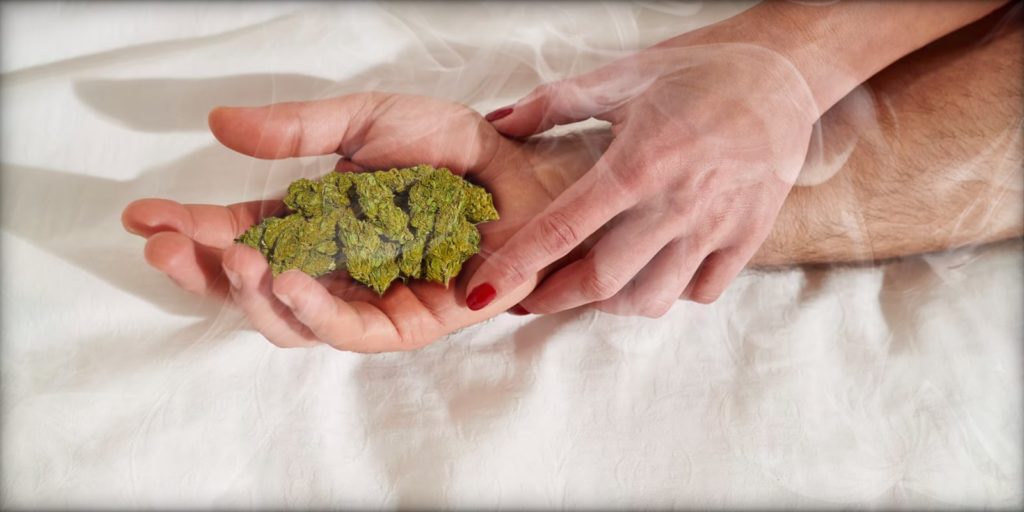
For men, chronic cannabis use has been associated with erectile dysfunction and problems reaching orgasm or having an orgasm too quickly, possibly due to the herb’s testosterone-lowering effects, a hormone linked to sex drives in both men and women.
In contrast, another study found that moderate cannabis use may contribute to higher sperm counts and other reproductive benefits, possibly indicating that only high doses of cannabis produce negative effects.
Most of the available studies on the topic are summarized in a 2019 review by Lynn et al. for the journal ‘Sexual Medicine Reviews’. For their analysis, the researchers reviewed 12 human and eight animal studies published between 1970 and 2019. And the above data are just some of their conclusions.
The best cannabis varieties for sex
While more research is needed to understand exactly how marijuana affects sexual desire, experts also disagree on the role different strains play. Sativa or Indica dominance is thought to lead to different preferences during sex, but they do not guarantee any results.
Indica, Sativa, or Hybrid?
Generally speaking, sativa strains tend to have more energizing effects than indicas, which are more sedative. This difference means that sativas may be better suited to activities that require stamina, creativity and concentration, three aspects that are very important to consider in sex.
But there is much more to a cannabis strain than its indica/sativa classification, which, in reality, are morphological terms based on the physical properties of the plant rather than the profile of the effect of flower, which is where the focus should be. Which terpenes and terpenoids are present combined with which cannabinoids are present, is ultimately what dictates the effect of any cannabis flower.
However, this complexity comes with an amazing benefit: if not all cannabis affects in the same way, you can explore different types of strains to find your perfect bedfellow. Some experts recommend experimenting with a small amount of indica strains, sativa strains, and at least one hybrid of the two to see what works best.

To add even more complexity, the experience can vary depending on whether the cannabis is inhaled or ingested, the amount you consume and your mood. And we are all different, so something that works great for you could be a failure for your partner.
So the answer to whether cannabis makes sex better is confounded by all these factors, making it a calculus problem with multiple variables. There is no right or wrong strain for sex: the best one will depend on how your body responds to specific stresses and the type of pleasure you are seeking.
Edibles
Most experts agree that edibles are not the best way to have sex as a couple because they are too slow and unpredictable, as they must pass through the digestive system before they take effect. And chances are you will peak at different times than your partner or you’ll end up ingesting a less-than-optimal dose.
But many cannabis edibles on the legal market today (such as jelly beans, chocolates or cookies) contain carefully dosed amounts of cannabinoids that can be a game changer.
Microdosing is one of the most important (and often overlooked) aspects of using cannabis to enhance sexuality and intimacy. And because we all react a little differently to THC, it helps to know what everyone’s tolerance is.
Cannabis edibles can facilitate a couple’s microdosing, which is optimal for sexual benefit. The idea is to use such a small amount that you don’t notice psychoactive effects: think subtle relaxation and an almost imperceptible heightening of the senses.
After a while, it’s easy to become familiar with what works and what doesn’t. In the meantime, you will be fully mentally present without any distracting cannabis-induced psychoactivity, allowing you to experience the sensation with satisfaction and connection.
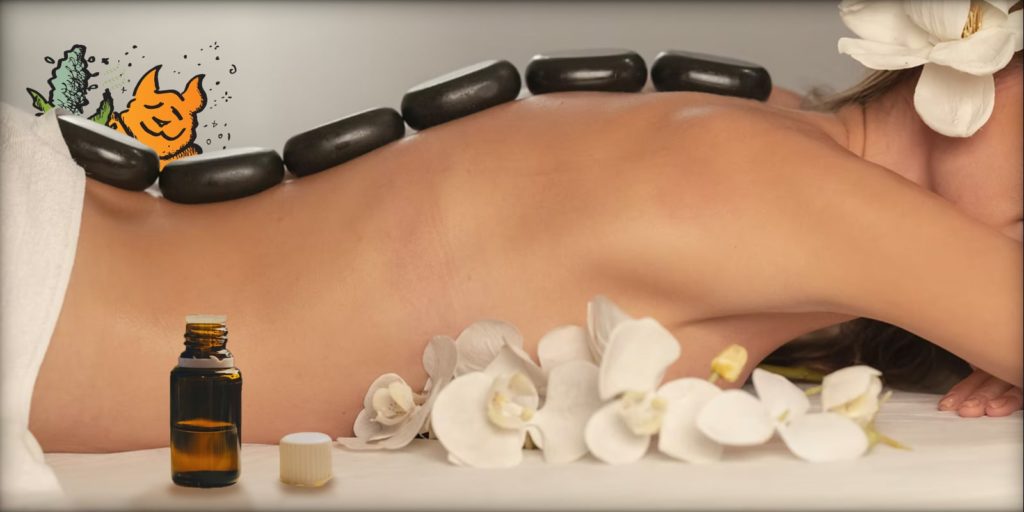
Other ways to better sex involving cannabis
There are also topicals, massage oils, lubricants and even suppositories (anal or vaginal) for sex that have made their way into the cannabis market. Manufacturers of these products claim they offer a range of benefits, from increased arousal to faster and more powerful orgasms. The scientific evidence to back up some of the claims may not yet exist, but that doesn’t mean the benefits don’t exist.
Most are made with synergistic botanical ingredients plus broad-spectrum CBD from hemp, which has numerous effects including decreased muscle tension, improved blood flow and decreased pain signaling.
And not only are these tools to keep handy on the bedside table, but they can really help people who have vaginal dryness during sex, and especially women going through menopause.
As you can see, there are still more questions than answers when it comes to cannabis and sex. With research in its infancy, it is difficult to draw general conclusions. There is as much genetic variation among cannabis plants as there is among individuals who use it. But if you believe marijuana can benefit your sexual health, perhaps you now have some information to start experimenting safely.




